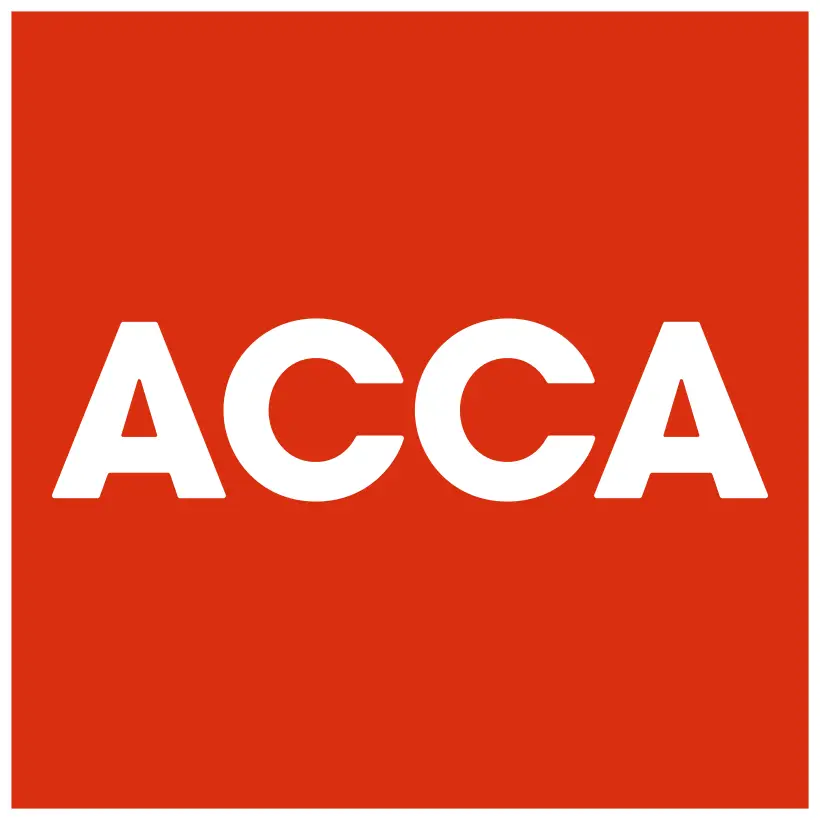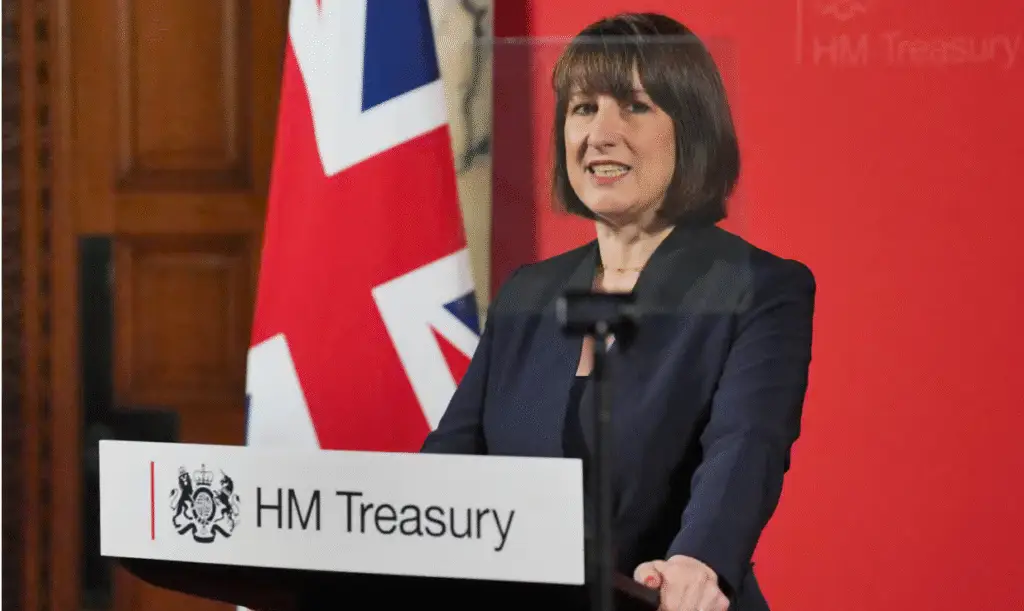Your Accountancy Partners.
Whether you’re an established business or an entrepreneur starting a new venture, we’ve got you covered.
Kindal provide expert services to help you build, grow, and protect your business.






Why choose Kindal?
We’ve helped Business Owners and Entrepreneurs just like you, secure their businesses financial future. Here are some of the reasons why we’re trusted by so many:
Expert Advisors
Our team are experienced in all areas of Accountancy, Taxation and Restructuring. With experience in both Industry and Practice, you can be sure to enjoy a 5-star service.
Streamlining Taxes
Lorem ipsum dolor sit amet, consectetur adipiscing elit. Ut elit tellus, luctus nec ullamcorper mattis, pulvinar dapibus leo.
Prioritising Growth
Lorem ipsum dolor sit amet, consectetur adipiscing elit. Ut elit tellus, luctus nec ullamcorper mattis, pulvinar dapibus leo.

Securing Your Future

Lorem ipsum dolor sit amet, consectetur adipiscing elit. Ut elit tellus, luctus nec ullamcorper mattis, pulvinar dapibus leo.
Our Services

Company Formations
For Entrepreneurs starting new business ventures, we have the tailored solutions, to ensure you start off on the front foot.

Financial Accounts
Lorem ipsum dolor sit amet, consectetur adipiscing elit. Ut elit tellus, luctus nec ullamcorper mattis, pulvinar dapibus leo.

Management Accounts
Lorem ipsum dolor sit amet, consectetur adipiscing elit. Ut elit tellus, luctus nec ullamcorper mattis, pulvinar dapibus leo.

Taxation
Lorem ipsum dolor sit amet, consectetur adipiscing elit. Ut elit tellus, luctus nec ullamcorper mattis, pulvinar dapibus leo.

Business Advise
Lorem ipsum dolor sit amet, consectetur adipiscing elit. Ut elit tellus, luctus nec ullamcorper mattis, pulvinar dapibus leo.

Restructuring
Lorem ipsum dolor sit amet, consectetur adipiscing elit. Ut elit tellus, luctus nec ullamcorper mattis, pulvinar dapibus leo.

Book Your Free Consultation
Latest News & Blogs
Lorem ipsum dolor sit amet, consectetur adipiscing elit. Ut elit tellus, luctus nec ullamcorper mattis, pulvinar dapibus leo.

- 16 July 2025
Briefing Note: Mitigation the Impact of 3.6% Inflation on Your Business
The current UK inflation rate of 3.6% presents several challenges for businesses, it’s important to be proactive in order to protect your business from these pressures.

- 19 July 2025
HMRC Cracks Down on Restaurants: What You Need to Know
Running a restaurant or takeaway is hard enough right now – rising costs, tight margins, and fierce competition. But HMRC is turning up the heat, and hospitality businesses are firmly in the spotlight.

- 21 July 2025
Changes called for at UK Start Up Accelerators
The Entrepreneurs Network calls for the requirement for programmes such as accelerators and incubators to have minimum standards and defined features, enforced by an accreditation scheme.

- 24 July 2025
Briefing Note: Start Ups failed by bias towards London and Tech Firms
The UK’s start-up ecosystem is increasingly biased towards London-based, tech-focused ventures — leaving entrepreneurs in other critical sectors and regions underserved.

- 30 June 2025
The Rising Cost of Employment: SME's feel the Pinch of NI Increase
Since the Government’s recent increase in National Insurance Contributions (NICs), small business owners across the UK are feeling the strain, contending with wage inflation, in addition to rising energy costs, and tightening consumer demand.

- 25 June 2025
Small Businesses Are Missing the Mark on Corporation Tax
According to HMRC’s Measuring Tax Gaps 2025 report, small businesses failed to pay around 40% of the corporation tax they owed in 2023–24. Many directors underestimate the risks or miss deadlines, leading to HMRC enforcement.

Your Accountancy Partners
Lorem ipsum dolor sit amet, consectetur adipiscing elit. Ut elit tellus, luctus nec ullamcorper mattis, pulvinar dapibus leo.

